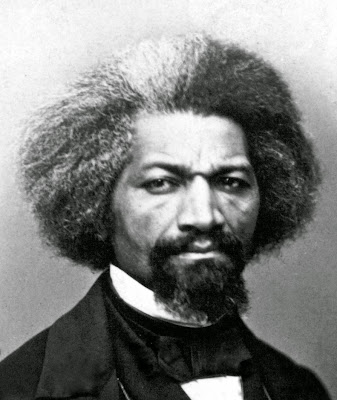 |
| Toms Cabin Tom's Cabin was written by Harriet Beecher Stowe. Stowe opposed slavery and wrote a novel describing the reality and brutality of slavery. This angered many people and it triggered the abolitionist cause even more. |
 |
| Wilmont Proviso The Wilmont Proviso was created to eliminate slavery in the lands in result of the Mexican War. This sparked even more controversy over slavery especially in the South because they felt that the Proviso should have impacted their property rights and it would mess up the previous balance between free states and slave states. |
 |
| Compromise of 1850 The Compromise of 1850 admitted California as a free state and the trading of slaves was abolished in Wahington D.C. The Fugitive Slave Act was revised during this compromise. It created tension and disagreements between the Northern and Southern states because Northerners were told to be more aggressive with bringing back escaped slaves, which they were not fond of. |
 |
| Kansas Nebraska Act The Kansas Nebraska Act is when Kansas and Nebraska were new lands of settlement and it allowed the people to decide whether Kansas would be a slave state. It contributed to the start of the Civil War because it permitted slavery beyond the Southern states. |
 |
| Missouri Compromise The Missouri Compromise was created by Henry Clay and it regulated slavery. It prohibited slavery in the Louisianna territory north of the parallel 36°30' north. It was soon appealed by the Kansas Nebraska Act. |








